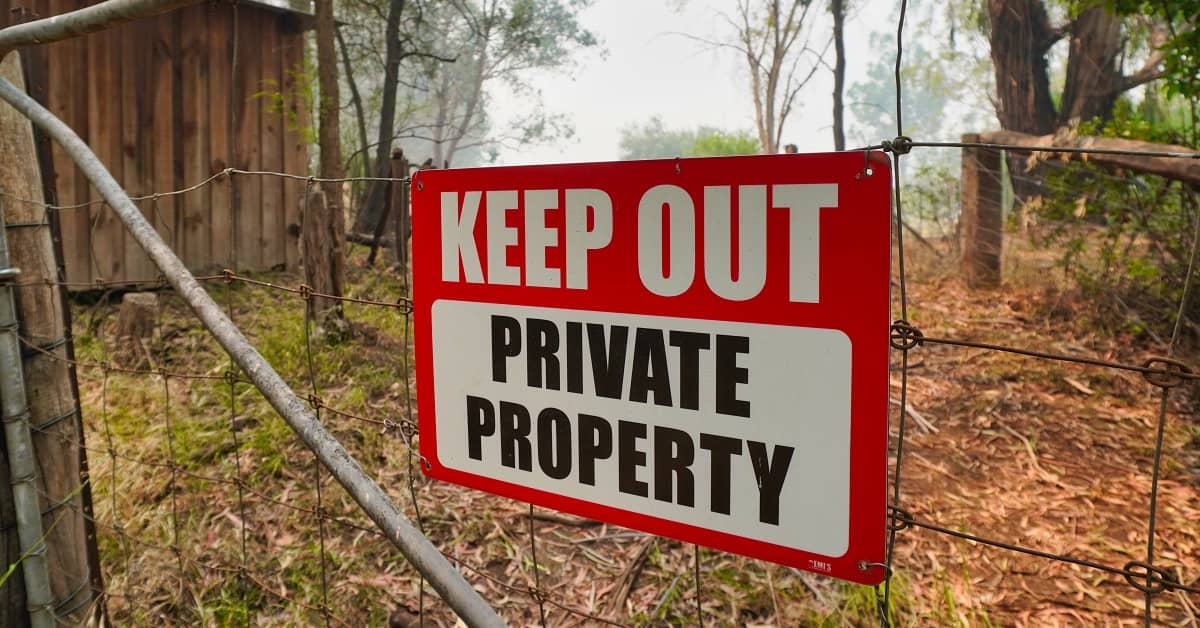If you were injured in an accident on someone else’s property, you may have a premises liability claim. In Connecticut and New York, property owners can be held liable for many different types of premises-related accidents, and most property owners have insurance that covers premises liability claims.
But, in order to file a successful premises liability claim, you must be able to prove that the property owner is liable for your injuries. This can present some challenges. As a result, it is important to consult with an attorney as soon after your accident as possible.
What Types of Evidence Can You Use to Prove a Premises Liability Claim?
Depending on the circumstances involved in your case, here are 10 ways our attorneys may be able to prove your premises liability claim:
1. A Forensic Investigation at the Scene of the Accident
A forensic investigation at the scene of the accident could provide crucial evidence in support of your claim for damages. For example, if you were injured by a dangerous condition (such as broken flooring or pavement, damaged steps, inadequate security, etc.) and the defect has not yet been repaired, an investigation of the property can document the issue to help prove your right to compensation.
2. Eyewitness Testimony
If someone saw what happened – or if someone saw you on the ground after you slipped and fell or suffered another premises-related injury – this individual may be able to provide testimony in support of your claim. You may be able to speak to witnesses after the accident, or your attorney can investigate and locate individuals who were on the scene at the time.
3. Surveillance Camera Footage
Many businesses have surveillance cameras, and many condominium and apartment buildings have surveillance cameras in their common areas as well. If your accident was caught on video, your lawyer can seek to obtain the footage to use as evidence in your premises liability claim.
4. Photos and Videos
If you took photos or videos with your phone or a camera at the scene of the accident, share them with the attorney at your initial consultation. Your lawyer may be able to use the pictures as evidence in your case. The same is true if anyone else captured images or footage at the scene of the accident.
5. Internet and Social Media Posts
If someone else captured footage of your accident, these days there is a reasonable possibility that he or she may have posted it online. If evidence of your accident is available on social media or elsewhere on the Internet, your lawyer can seek to collect it and use it to build your case.
Although bystanders may post about the accident online, it is crucially important that you not do the same. The insurance carrier will scrutinize any information you share publicly, and adjusters may use your online posts to challenge or deny your premises liability claim.
6. Inspection Reports
Has the property recently failed an inspection? Were there known issues with the safety of the property? By researching the property’s inspection reports, your lawyer may be able to find evidence that the property owner knew of the dangerous condition that caused your injury.
7. Prior Complaints Against the Property Owner
Your attorney can also investigate prior complaints against the property owner. While these complaints will not necessarily prove liability in your case, they could potentially help establish your claim for damages; it is certainly worth seeing if other people were injured in the same or similar types of incidents.
8. Your Medical Records
While your medical records will be important for establishing the value of your premises liability claim, your attorney may also be able to use the records to help prove the property owner’s liability. If your medical records show that your injuries are consistent with a fall (or another premises-related accident), then they can help paint a clear picture of what happened and how you were injured.
9. Bills, Receipts, and More
To recover compensation in a premises liability claim, you must be able to show that you suffered damages as a result of the accident. The financial losses in your case may be documented in:
- Medical bills and explanation of benefits statements
- Paystubs and tax returns showing how much you are paid at work (and, by extension, what income you are losing if your injuries keep you from working)
- Receipts for out-of-pocket expenses and services
You may be entitled to compensation for non-economic damages as well. These losses are harder to quantify, so it is important to document how you are feeling day to day, limitations and challenges you experience as a result of your injuries, and more. Share these experiences and any notes you have made with your lawyer, and he or she can use them to calculate the total damages in your case.
Read More: What Is a Premises Liability Claim?
10. Property Records
Your attorney can also seek to obtain testimony from employees who may have witnessed the accident or who may have been aware that a dangerous condition existed on the premises. Paper and electronic records (such as files, emails, text messages, etc.) may also reveal that the property owner knew (or should have known) that there was an issue on the premises that needed to be addressed.
Do You Have a Premises Liability Claim?
If you have been injured on a dangerous property, it is important to know your rights and pursue the compensation you deserve. An experienced attorney can build a strong premises liability claim on your behalf.
Since 1957, Ventura Law has been helping injured people navigate their rights. Our law firm has extensive experience handling premises liability claims and achieving favorable results on behalf of our clients.
Please call Ventura Law at (203) 800-8000 today for a free consultation. Our attorneys handle premises liability claims throughout Connecticut and New York.



